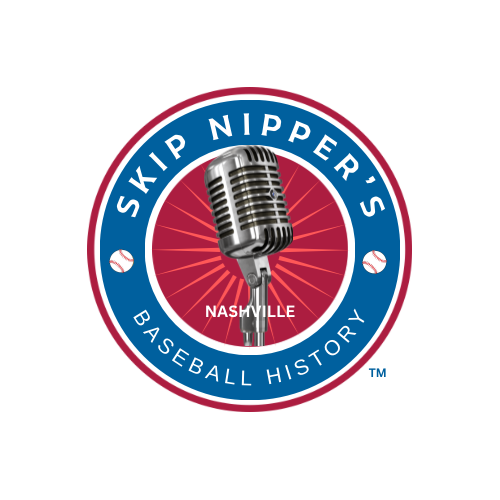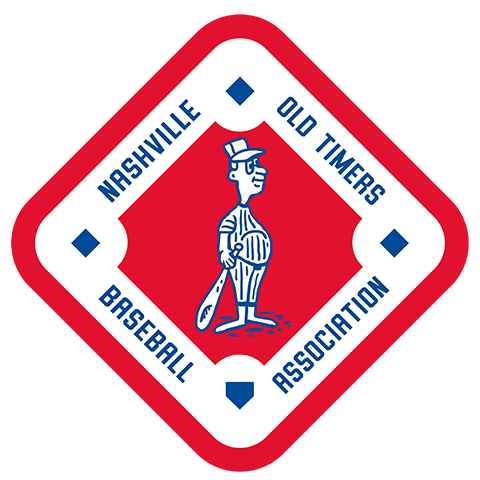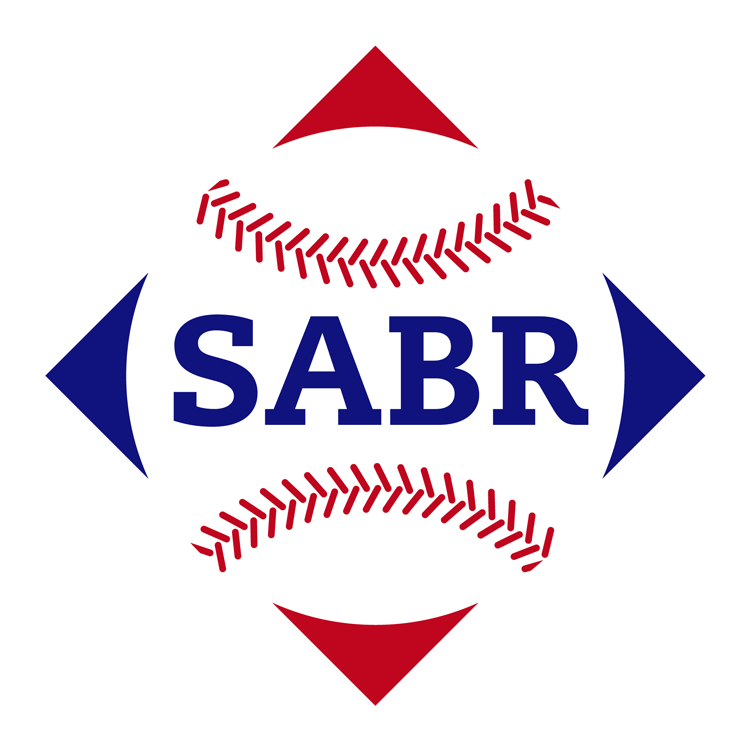
Rain interfered with Nashville’s home doubleheader with Little Rock on June 25, 1895, as the first game was postponed after three innings when field conditions were too poor to continue. Nashville was leading 2-1, but not enough innings had been played for it to have been a complete game.
The game scheduled for the next day, June 26, was the last visit Little Rock was to have made to Athletic Park for the remainder of the season, creating an unusual circumstance for completing the series. It was the home team’s prerogative to reschedule games, but when Seraphs manager George Stallings decided to play three games in one day to complete the series, the decision did not sit well with the visiting team.
Sending word to the opposing club that the first of three games would occur at 10:30 AM, Little Rock’s manager, Richard Gorman, protested to Southern League President J. B. Nicklin that the Travelers should not have to play more than two games in one day. Nicklin did not exactly side with Gorman; he sent a telegram that the choice to play in three games was optional.
Even though Gorman refused to play the morning game, he and two of his players showed up anyway. At game time, umpire Ed Cline yelled, “Play ball” and Nashville’s Eddie Daniels toed the rubber. With no batter at the plate, the Nashville pitcher threw three lazy curves to catcher Mike Trost. Cline turned to the 900 spectators and declared the game a 9-0 forfeit in favor of the Seraphs.

When play began in the second game, players from either side had to alternate the umpiring chores for the first three innings as Cline had misunderstood the starting time, set for 2:30 PM.
Nashville committed nine errors, but the Seraphs won over Little Rock 17-7. Travelers pitchers Buttons Briggs and Jack Fifield allowed 18 hits, one a home run by Seraphs left fielder Frank Butler, but only seven of the runs were earned.
Sam Moran was the starting pitcher for Nashville. He had a 7-4 record the previous season when the team was known as the Tigers and would end the season with a 22-12 record. He would become a member of the Pittsburgh Pirates pitching staff at year’s end.
In the middle game of this day, he pitched all nine innings in the two hours it took to lead his team to the win.
The third game of the day ended after seven innings due to darkness, with Nashville having the upper hand, 8-5. Moran was chosen starting pitcher in the final game by manager Stallings. Lacking the speed he possessed in the previous game, Moran gave up only eight hits and two walks as Nashville completed the trifecta.
Nashville remained in third place in the Southern League with the three wins with a 30-18 record, just behind second-place Atlanta (33-17) and league-leading Evansville (33-16). At season’s end, Atlanta secured the pennant with a one-game lead over Nashville. The season was not without problems, as Montgomery, Memphis, and Little Rock did not finish the year.
When the Travelers ball club disbanded in late July, Nashville acquired the contract of Richard Gorman.
Although rare, there are records of other tripleheaders played. One was played five years earlier on Labor Day, September 1, 1890, between Brooklyn and visiting Pittsburgh. Unlike the Nashville-Little Rock series, all three games played with no forfeit, with Brooklyn winning 10-9, 3-2, and 8-4.[1]
In 1896, three games were played in one day, occurring on Labor Day in Baltimore on September 7. The visiting Louisville Colonels lost 4-3, 9-1, and 12-1, with the final game ending after eight innings due to darkness.[2]
Several years would pass before another tripleheader, scheduled to determine third place in the National League to end the season. On October 20, 1920, the Cincinnati Reds visited Pittsburgh and won 13-4 and 7-3 before losing 6-0 in a game shortened by darkness. Cincinnati had clinched third place with the first two wins, but the third game was played anyway.[3]
Three games played in one day gave Nashville an uncommon footnote in the history of baseball.
Sources
Atlanta Constitution
baseball-reference.com
Nashville American
newspapers.com
Notes
[1] Suehsdorf, A. D. “The Last Tripleheader”. SABR Research Journal, http://research.sabr.org/journals/last-tripleheader. Accessed November 18, 2020.
[2] Ibid.
[3] Willard, Jim. “Baseball’s last triple-header was certainly one for the record books. http://www.reporterherald.com/ci_19435586. November 30, 2011. Accessed November 18, 2020.
© 2020 by Skip Nipper. All Rights Reserved.



